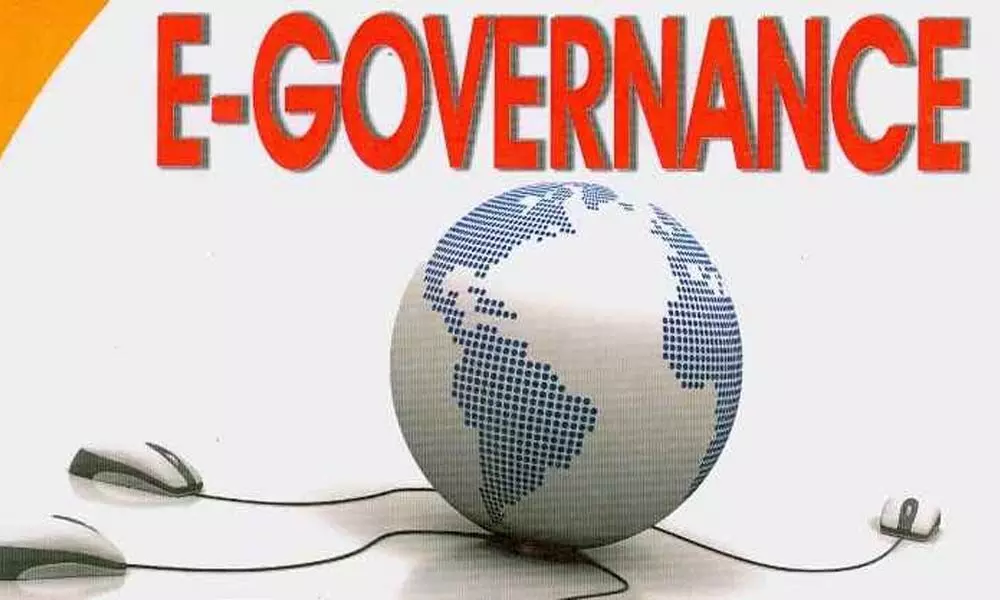Why IT sector holds a key role in e-Governance?
Last week Infosys' chairman Nandan Nilekani and Indian Finance Minister Nirmala Sitharaman had some interesting conversation on twitter. The Finance Minister was obviously upset with the glitches seen in the newly launched portal of income tax filing.
image for illustrative purpose

Last week Infosys' chairman Nandan Nilekani and Indian Finance Minister Nirmala Sitharaman had some interesting conversation on twitter. The Finance Minister was obviously upset with the glitches seen in the newly launched portal of income tax filing. Launched on June 7, the portal https://www.incometax.gov.in/ www.incometax.gov.in, was aimed at making compliance more taxpayer-friendly. However, technical glitches ranging from longer than usual logging time, inability to respond to notices and not fully-functional features are making it difficult for the portal to seamlessly operate. Following the not-so-smooth start to the new Income-Tax portal, Sitharaman took to twitter asking Infosys and its chairman to fix the problem. Responding to FM's tweet, Infosys chairman and co-founder Nandan Nilekani said his company 'regrets these initial glitches' and the system will stabilise in a few days.
The technical glitches are not new to any freshly-launched software application. We have seen such glitches during the initial days of Goods and Services Tax (GST) portal. However, things have stabilized a lot since its launch days. Hopefully, the new income tax portal will be no exception and start smooth operations in the coming days.
Indian technology giants such as Tata Consultancy Services (TCS) and Infosys among others have powered many key government initiatives through their technological prowess. For example, income tax processing time has been reduced drastically post the central government handed over the processing operation to Indian IT services firms. Similarly, technological intervention has reduced the scope of official discretion on many tax matters. This has not only reduced red-tapism, but also corruption to some extent. Similarly, various applications of digital technologies now help tax officials catch hold of the tax evaders. GST evaders is a case in point. Now, each and every tax payer is screened for high value purchases without concurrent income disclosures. Such intervention has led to increase in compliance among the common public. Similarly, TCS has transformed the passport issuance process under the 'Passport Seva Project'. Under this project, more than 1 lakh people are served through various passport offices each day. This was unthinkable without technological interventions.
As India rolls out many more e-governance initiatives in coming years, Indian IT firms will play a crucial role in their implementation. As digital interfaces grow, service delivery will be faster and better with reduction of red-tapism and corruption. The ongoing pandemic has shown the importance of digital applications to the world. From consulting doctors through video conferencing to getting necessary staples online, Indian public has embraced etech channels on large scale. Applications like 'Aarogya Setu' and 'CoWin' have proved that the pandemic can be effectively tackled through digital interventions. Therefore, the role of Indian technology firms in making the country technology savvy that can deliver government services faster is unquestionable. While care should be taken by IT services firms to avoid technical glitches in rolling out of new applications, the role of Indian IT industry shouldn't be questioned due to some initial glitches. As India recovers from the second wave of the pandemic, technology will play a critical role in embracing the new normal.

